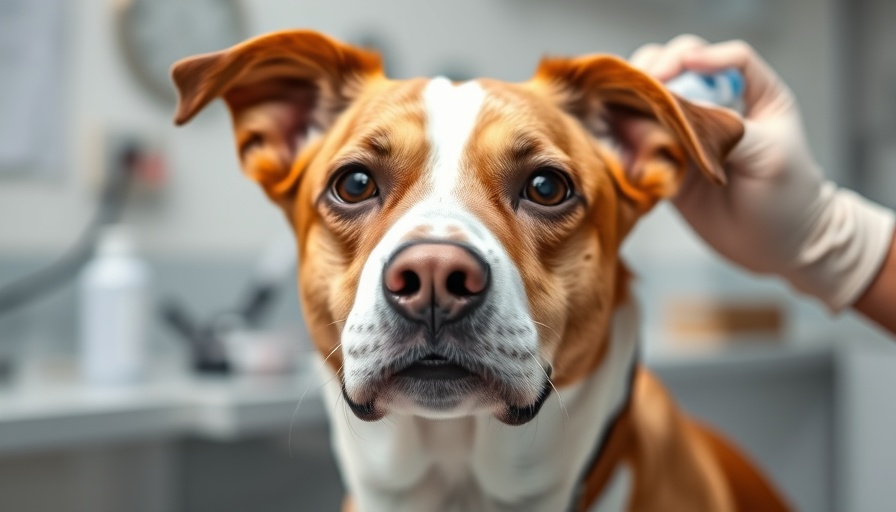
Understanding Rabies Vaccinations for Your Dog
As a loving dog owner, ensuring your pet’s health is a top priority, especially when it comes to vaccinations. Rabies is a serious viral disease affecting both animals and humans, making it imperative for dogs to receive the vaccine at specific intervals. But how often do dogs need rabies shots? Let’s break it down to keep your furry friend healthy and safe.
Rabies Vaccination Schedule
Dogs typically need their first rabies vaccination administered between three to six months of age. This initial vaccination is crucial as it provides protection during the vulnerable stages of your puppy's development. Most states require that dogs receive a rabies booster shot one year after their first vaccination. After that, the rabies vaccine is usually given every one to three years depending on local laws and the type of vaccine used.
The Importance of Rabies Vaccination
Why is this vaccination so critical? Rabies is a fatal disease that affects the central nervous system. It’s primarily transmitted through the bites of infected animals. In many regions, having your dog up-to-date on rabies vaccinations is not only a health necessity but also a legal requirement. Failing to vaccinate can result in significant health risks for both your pet and your community, including potential quarantines or legal penalties if your dog bites someone.
Canine Health Insights
According to veterinary experts, keeping your dog vaccinated against rabies can also contribute to the overall health of the animal. For instance, rabies is not only dangerous for dogs but can also be transmitted to humans through bites or scratches, making the vaccine a public health concern. Regular vet visits are recommended to monitor your dog’s health and ensure all vaccinations are current, not just for rabies, but also for other diseases like distemper and parvovirus.
Choosing the Right Vaccine
When considering rabies vaccination, it's crucial to discuss with your veterinarian which type of vaccine to use. Some vaccines require annual boosters while others offer extended immunity. Factors such as your dog's age, health history, and lifestyle should guide your decisions. Additionally, if your dog has had severe allergic reactions to previous vaccinations, discuss this with your vet to explore the best options.
Engaging with Your Community
As responsible pet owners, it’s important to engage with your community regarding rabies awareness. Local animal shelters and veterinary clinics often run vaccination clinics, helping make the process accessible and affordable. Participating in these events not only ensures your pet’s vaccination is up to date but also promotes community-wide health understanding regarding rabies prevention.
Myths About Rabies Shots
There are several misconceptions about rabies vaccinations. For instance, some owners fear that vaccines can lead to health issues like aggression or toxicity in pets. However, extensive research shows that the benefits of vaccinations far outweigh the risks. It’s essential to separate fact from fiction and consult with veterinary professionals regarding any concerns.
Future Trends in Canine Vaccinations
As veterinary medicine evolves, we can expect advancements in topics like vaccine development and tailored vaccination schedules. Innovations might lead to longer-lasting vaccines or even fewer visits required for boosters, ultimately making it easier and more cost-effective for owners. Staying informed and connected to veterinary advancements will ensure you're making the best decisions for your pet's healthcare.
 Add Row
Add Row  Add
Add 




Write A Comment